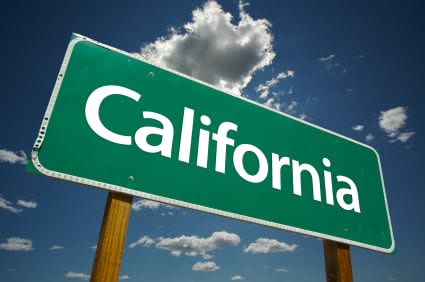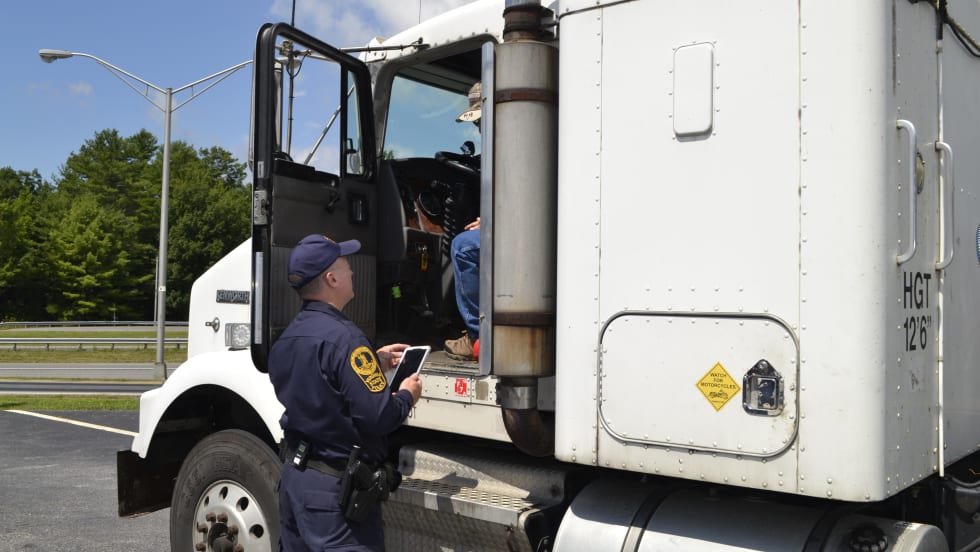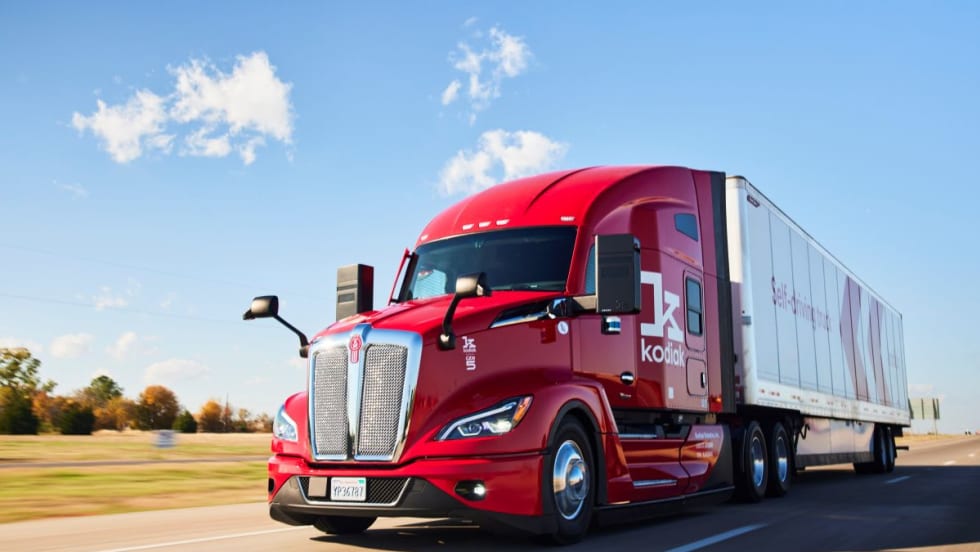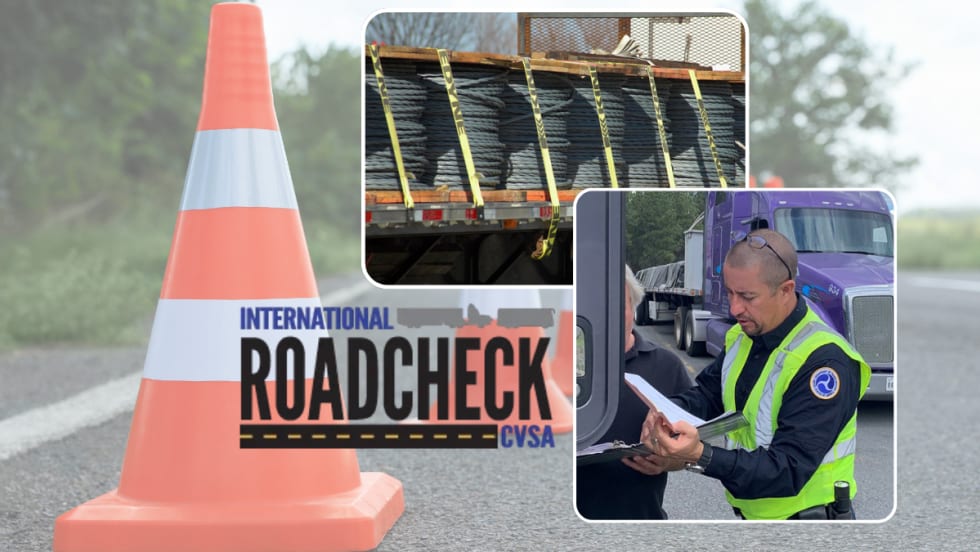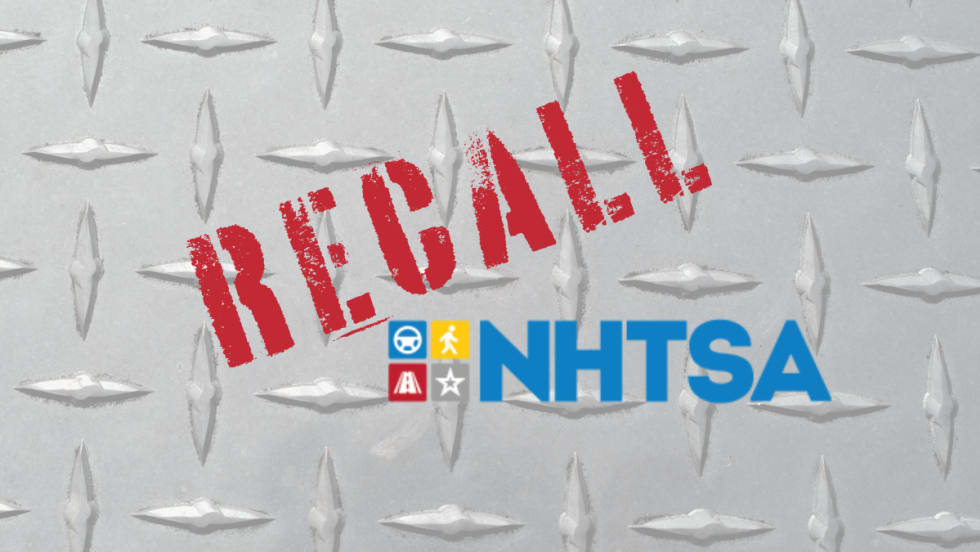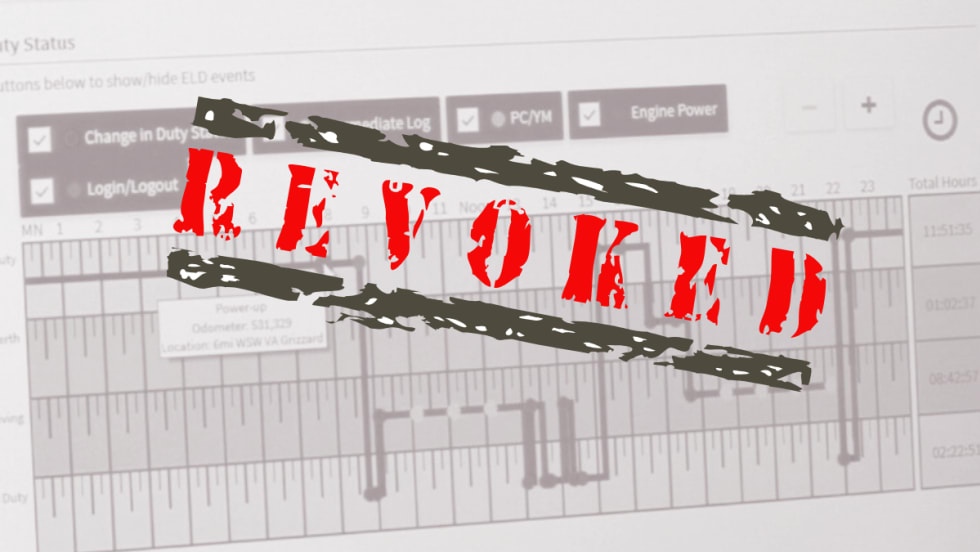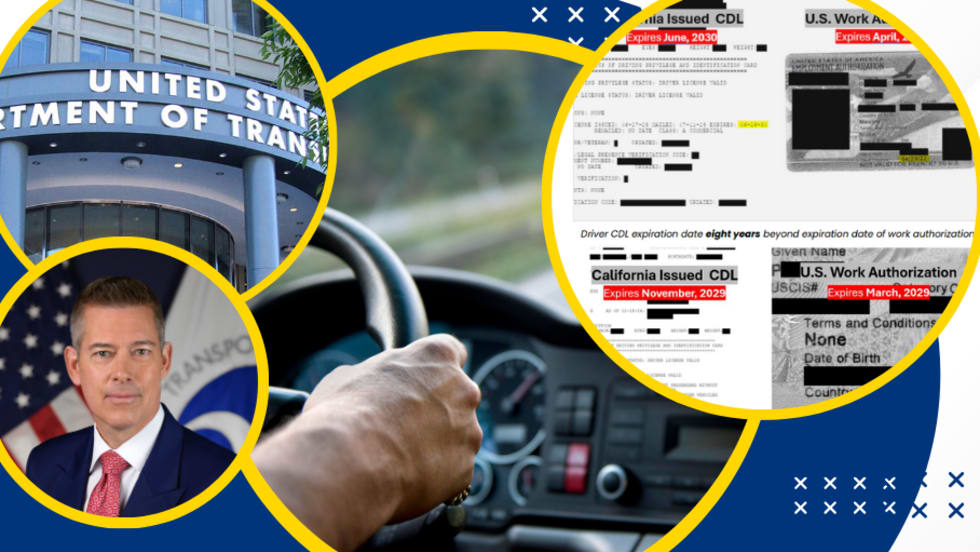The Federal Motor Carrier Safety Administration’s pre-holiday granting of petitions to preempt California’s meal and rest break rules for truck drivers, which differ from current federal hours-of-service regulations, is being met with either cheers or jeers from a range of trucking stakeholders.
The Federal Motor Carrier Safety Administration’s pre-holiday granting of petitions to preempt California’s meal and rest break rules for truck drivers, which differ from current federal hours-of-service regulations, is being met with either cheers or jeers from a range of trucking stakeholders.
Given the timing, reaction to the agency’s action — announced late in the day on Dec. 21, the Friday before Christmas— was not as typically immediate from trucking stakeholders, but it did begin rolling in over the holidays.
FMCSA said the decision, approved by Secretary of Transportation Elaine Chao, came “in response to widespread concern from drivers, concerned citizens, and industry stakeholders.” Back in 1996, the agency noted, Congress preempted states from enacting or enforcing policies “related to a price, route, or service of any motor carrier.”
DOT said it has determined that California’s law is “incompatible with federal regulations and causes a disruption in interstate commerce. In addition, the confusing and conflicting requirements are overly burdensome for drivers and reduce productivity, increasing costs for consumers. Additionally, safety issues have likely resulted from the lack of adequate parking solutions for trucks in the state [of California].”
The American Trucking Associations was the first industry group to react, issuing a statement on Dec. 21 that applauded the FMCSA decision as “a common sense safety ruling” that “asserts the federal government’s critical role in regulating interstate commerce.”
In late September, ATA had petitioned Secretary Chao to preempt meal-and-rest break rules imposed by California on the grounds that “a patchwork of rules related to driver hours of service harms safety, is in conflict with federal rules and causes an unreasonable burden on interstate commerce.” ATA had taken the unusual action of seeking DOT’s intervention after its lobbying efforts fell short several times in recent years to move a bill through Congress that would have resolved this issue legislatively.
However, there's already a challenge to the FMCSA's decision.
On Dec. 30, ATA President and CEO Chris Spear stated in an email to the association’s members that on Dec. 28, the International Brotherhood of Teamsters petitioned the Ninth Circuit Court of Appeals (based in San Francisco) to review and reverse FMCSA’s preemption of California meal and rest break requirements. He noted that a briefing on this petition is scheduled for mid-March.
The Teamsters’ petition (Case 18-73488) asks that the court review the FMCSA preemption ruling “and to reverse the ruling in its entirety or for such relief as the Court deems proper.”
A Dec. 30 statement issued by the Teamsters is blistering on the FMCSA action, including its timing. The union noted right off the bat that the announcement was “made at 4:30 p.m. on Friday, Dec. 21, 2018, in what was clearly an effort to avoid public scrutiny of the corporate giveaway at the expense of working men and women.”
Getting to the meat of the issue, the Teamsters said that “FMCSA’s suggestion that California’s meal and rest break rules negatively impact highway safety is ludicrous. The idea that providing a 10-minute rest break after four hours and a 30-minute meal break after five hours somehow makes the roads less safe is beyond comprehension. This is simply a giveaway to the trucking industry at the expense of driver safety.”
The union also called the FMCSA decision a “bail out” for trucking “after it failed to achieve a legislative fix and numerous court rejections – and to do it late on a Friday before a holiday – smacks of political cronyism at its worst. The Teamsters and our allies will continue the fight to ensure worker safety isn’t compromised so that the FMCSA’s corporate benefactors can grow their profits.”
Other trucking groups declaring their approval of the preemption decision were the Specialized Carriers and Rigging Association and the American Moving & Storage Association.
SC&RA said in a Dec. 22 statement that pro-preemption petitions it had filed “were heavily weighted within FMCSA and on Capitol Hill. In particular, SC&RA’s argument on federal primacy over motor carrier safety was viewed within FMCSA as ‘key and essential’ in granting this much-needed exemption.”
“This is a huge win for SC&RA and the greater industry at large,” said Joel Dandrea, SC&RA’s CEO. “The ruling sets precedence and helps ensure much greater uniformity between federal and state regulations as we move forward.”
While Dandrea allowed that the exemption “could be challenged in court,” he said the SC&RA petition “outlined in great detail the FMCSA authority to be the primary arbiter of motor carrier safety, and we were pleased that the FMCSA administrator recognized our arguments and granted our petition. The secretary has the statutory authority to make this decision and any opposition likely won’t hold up.”
AM&SA, which had submitted its own comments in support of the preemption petition, said in a Dec. 26 statement that it applauded the FMCSA action. "We thank the Federal Motor Carrier Safety Administration for agreeing with us that the California meal and rest break rules were incompatible with federal law, which holds that state regulations that have no safety benefits or cause an unreasonable burden on interstate commerce are unenforceable," said AM&SA Vice President of Government Affairs Paul Milotte in a statement. "These regulations would have made it tougher for moving companies to operate in the state of California while providing little to no safety benefit for consumers. We appreciate the FMCSA upholding the federal statute over this unnecessary and burdensome state law."
At least one group that is not a direct trucking stakeholder has come out against the FMCSA action. American Association for Justice, which is geared toward trial attorneys, said in a Dec. 21 statement that the preemption decision was “a holiday giveaway” to trucking.
“The trucking industry has failed in numerous legislative attempts to fix the law, and the Supreme Court has declined to industry’s requests to review California’s law. Industry has now asked FMCSA to fix the law of one state,” said CEO Linda Lipsen. “FMCSA’s misguided approach of preempting the law of one state at the behest of industry is not justified, and leaves the agency open to legal challenges. And of course, there is no evidence that California’s meal and rest break rules negatively impact safety.”




